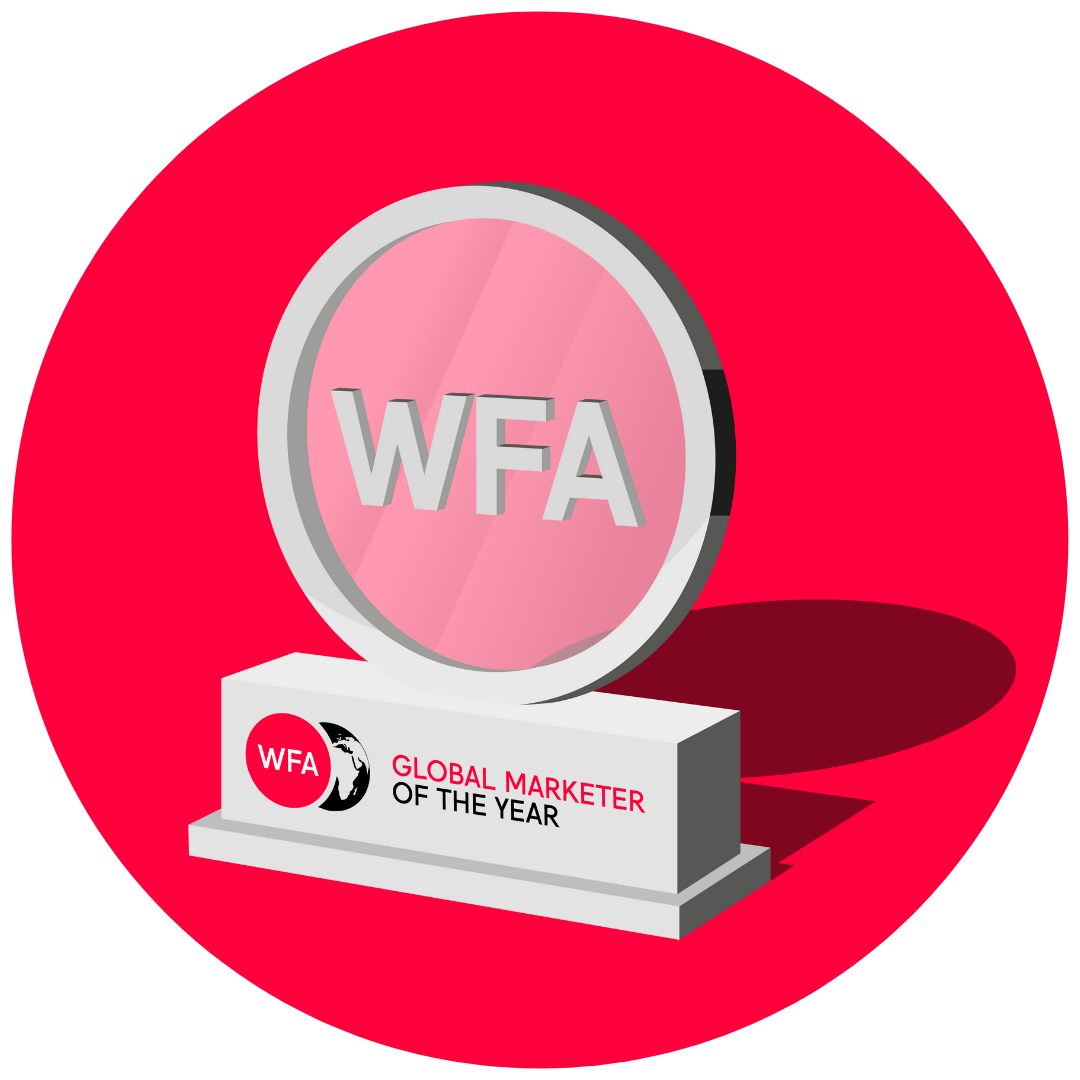Bad health is bad for business
Rebecka Allén, Director of Consumer Policy, explores why food and alcohol brands risk falling out of grace with WHO and UNICEF. And why it matters for marketers.
Share this post
Food and alcohol companies are painfully aware of increased tensions in relations with UN agencies such as the WHO and UNICEF. This year, the WHO Director-General accused companies of “deliberately undermining public health policies”, through actions such as “lobbying, legal threats” and “ineffective self-regulation”.
“Many of the most significant risk factors for disease and injury – tobacco, alcohol and unhealthy diet – are major industries and profit-drivers for some of the world’s biggest companies”, said the WHO DG Tedros Adhanom Ghebreyesus in a statement calling for a paradigm shift away from “commercial determinants on health”.
UNICEF this year announced it would avoid all future partnerships with the ultra-processed food industry. The WHO meanwhile embraced the concept of “no safe level of alcohol consumption” – a shift away from its decades-long focus on harmful alcohol use.
When it comes to advertising, these UN agencies have gone from embracing self- and co-regulation as part of the solution, to declaring that only government policies work. The WHO has even asked alcohol brands to “refrain from promoting drinking” – leaving well-intended marketers in despair…
These developments could seem more than the usual slap on the wrist. Is the private sector dialogue at risk?
Should marketers care?
In general, the WHO seems to get more attention in Europe than in North America (“WHO who?”).
But move south to Latin America, and the impact of WHO recommendations is very real. In 2016 Chile started implementing measures to curb food advertising and swiped brand characters off food packs.
Chilean yoghurt cans may now display more warning signs than the average household rat poison.
Despite this model’s failure to curb childhood obesity levels, it has inspired marketing restrictions in other parts of Latin America and beyond. Marketers should care about laws that fundamentally challenge companies’ intellectual property and their ability to connect even with adult consumers.
Another reason why marketers should care is that investors care. And investors are keen to see a continued dialogue with the WHO.
ESG led investments are expected to account for more than a third of the $140.5 trillion projected total global assets under management (AUM) by 2025. Behind the politization of ESG lies a pragmatic truth: bad health is bad for business long term.
Investor pressure has increased for food and beverage brands to not only make, but also market, healthier options. Organisations such as ATNI, SASB, and the Global Child Forum have all integrated metrics on marketing[1].
The WHO would not be doing its job if it did not keep food and alcohol brands on their toes. Going forward, the WHO will no doubt accelerate efforts to encourage investors to consider health.
Companies must invest in both company policy and industry standards
More than ever, global brands are under pressure to adopt robust global marketing policies that protect the most vulnerable and steer consumer demand towards ‘healthier’ parts of a portfolio (perhaps lower sugar, fat and salt, or lower alcohol content).
Just as alcohol companies must demonstrate that online advertising is an opportunity and not a threat when it comes to protecting minors, food companies will need to get used to alcohol-type ad restrictions going forward. Those with indulgent food product categories will need to fundamentally rethink how they engage with, and even display, children in marketing campaigns.
Strategically, should these companies rally behind industry pledges or stand out with ambitious company policies?
I would say: both. Global commitments endorsed by IFBA and IARD have formed the basis for a constructive dialogue with the WHO around the role of marketing.
But we should also welcome the healthy level of competition that the regulatory and investor environment is creating. The WFA network is a great place to learn and take inspiration from peers.
The “self-regulation has failed” narrative hides a more complex truth
NGOs, academia and policymakers often describe advertising self-regulation as ineffective when it comes to food and alcohol. Part of the problem is a misalignment between the traditional role of advertising self-regulation and WHO (and others’) expectations of the private sector.
Advertising self-regulation means making sure that advertising is legal, honest, truthful and decent. Its primary aim has not been to ensure that people, particularly children, see fewer ‘unhealthy food’ ads.
But this is changing. The UK, Australia, the Netherlands, Belgium and now Canada all have industry-wide standards prohibiting the targeting of HFSS food ads at children. We now see a positive trend of pledges, supported by a group of brands, being translated into industry-wide codes around the world, in both food and alcohol sectors.
Make your global marketing policy work for your ESG goals
A WFA member told me their CEO had halted an expensive ad campaign, right before launch, because it was too child appealing. Technically, it did not breach any laws or even the company code – but the CEO saw it as an unnecessary risk.
A robust, future-looking, marketing policy can help avoid instances where marketing and policy find themselves in a Mexican standoff after a great deal of resources have been invested. WFA is developing a Responsible Marketing Framework, to identify best practice in the areas of environmental sustainability, DEI (Diversity, Equity and Inclusion), brand safety, responsible media, data ethics and children’s rights.
A big part of the challenge will be to demonstrate more transparency. For some companies, this could mean following Nestlé’s lead and reporting on the healthiness of products. Perhaps some will lift the hood on marketing spend, too.
“Investors are hungry for data”, Anita Dorett at the Investor Alliance for Human Rights told WFA members at Global Marketer Week in Istanbul earlier this year. Reporting may be costly and annoying, but it pays off.



